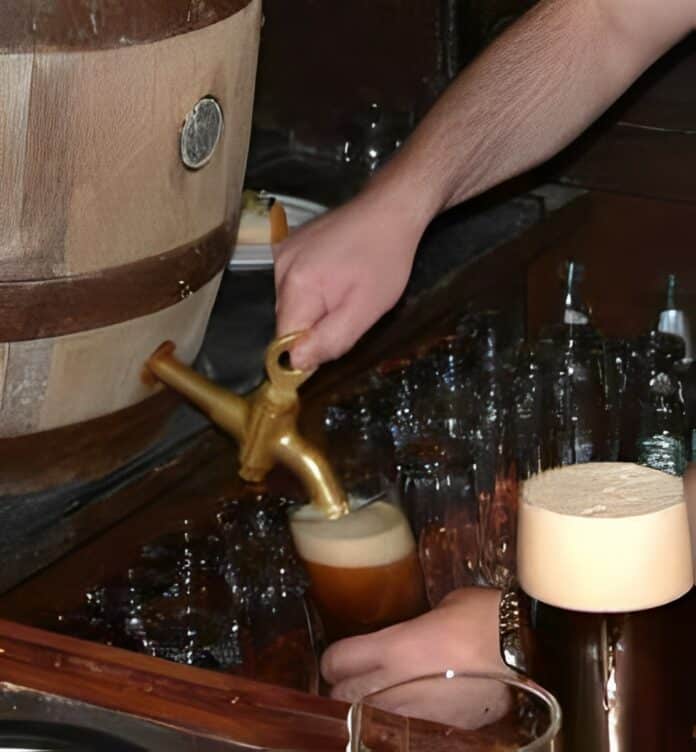Researchers from Ghent University have cultivated a new solar-powered device that separates water and fertilizer from human urine. The device can be used for growing crops as well as making beer. The device is more energy efficient than other wastewater treatment devices. It also offers users more quick benefits. The team collected thousands of people’s urine who were attending a 10-day music festival.
The research started with the idea of a filtering device. The research comes up with the aim of helping people who live in rural communities where water is scarce. But next, scientists found, this will also become useful in extremely trafficked areas like sports venues, music events, and even airports. Researchers called this project a ‘sewer to brewer’.
Working with this new solar-powered device
This novel solar-powered device is very easy to use. The urine was first collected into a tank and heated via solar energy. When the urine evaporates, it accelerates via a special membrane. The special membrane then separates and collects water and other material. This process discards almost 95 percent of ammonia from urine, making it clean enough to drink. Ammonia in urine is a normal product of the metabolism of protein.
Scientists asked most people to drink. But people refuse a sample test. Then scientists decided to use water and fertilizer from the other material (phosphorus, potassium, and nitrogen) to grow a crop. It is effective enough to create more beer, which might result in more urine being produced at the same music festival next year.
Scientist hopes that this cheerful attempt will hopefully impress investors. They have even taken to social media, using the hashtag #peeforscience. They hope their project has attracted enough notice to allow them to build more such devices, which they would like to take to rural communities.
Reference: https://biblio.ugent.be/publication/7196702
